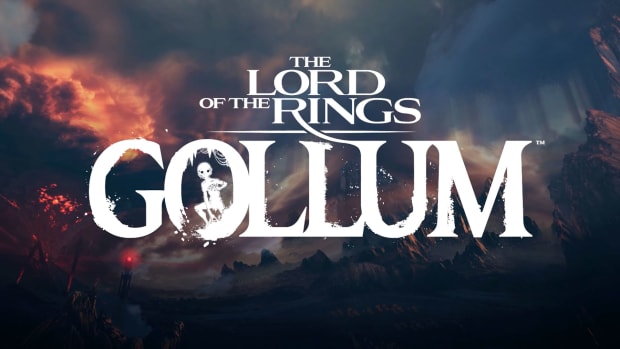Walt Disney (DIS) dominates the box office and has quickly launched an incredibly successful streaming service because it owns some of the world's most popular intellectual property. The company spent $4 billion to buy LucasFilm ("Star Wars"), the same amount to buy Marvel and $7.4 billion to purchase Pixar.
Those deals (especially Marvel) were not universally beloved when former CEO Robert Iger made them but they have turned out to be borderline absurd bargains. Disney now has a model in place where it can release movies that are nearly guaranteed to be blockbusters at the box office.
It's risky to spend $300 million to produce a movie based on a new idea. Spending that same budget to make a Marvel superhero movie, a new "Star Wars," a Pixar animated film, or a movie based on classic Disney characters takes away nearly all the risk.
The same logic applies to streaming and even theme-park rides.
Consumers know "Star Wars," Marvel, Pixar, and Disney's iconic characters. They want to see their further adventures on Disney+, take pictures with those characters at theme parks, play videogames with those characters, and, of course, ride rides based on all those popular properties.
Disney rival Comcast (CMCSA) does not have the content lineup Disney does, but it owns a number of massive franchises including "Fast & Furious," "Minions," "Secret Lives of Pets," and its classic monster characters. Those properties power its film slate, fill up its theme park with rides and characters and have helped build its streaming service.
It's a model that very clearly works, which has made any available top-tier properties available incredibly valuable. That's why it seems inexplicable that the most valuable piece of intellectual property on the market sold, and it wasn't bought by Disney, Netflix, or Comcast.

Disney, Netflix, Comcast Lose Out on 'Lord of the Rings'
When you look at content not owned by a major player, on the level of world-building franchises like Marvel, "Star Wars," and maybe "Minions," very few are available. Amazon (AMZN) bought rights to James Bond, a property that has been used for successful videogames and has not been exploited on television and in theme parks.
With 007 off the table, the biggest franchise that in theory could have been purchased by Disney, Netflix, or Comcast is the literary works of J.R.R. Tolkien, most notably "Lord of the Rings" and "The Hobbit." Few properties have the name recognition of Tolkien's most famous books, and no content nearly this popular does not have a theme park tie-in.
Imagine Disney adding a "Lord of the Rings" land to Disney World or Comcast's Universal Studios doing the same at its new Epic Universe theme park.
Netflix (NFLX), of course, does not have theme parks, but it has a fledgling games division that could have benefitted from a name property and it could have licensed the theme-park rights to the highest bidder.
That, however, did not happen. Rather, Embracer, a Swedish gaming company, bought the rights to Tolkien's most popular works for a reported $2 billion.
Disney, Comcast, and Netflix Made a Mistake
Embracer has a relationship with the previous rights owner, the Middle-earth Enterprises division of Saul Zaentz Co., as it had licensed some Tolkien products for card games and board games.
That may have given it an edge in negotiations, but it's hard to think that Disney, Comcast, or Netflix would not have made a larger offer. That appears not to have happened.
Yes, Amazon currently holds "Lord of the Rings" television rights, which lessens the immediate value for any company to buy rights to the Tolkien properties and use them on their streaming platforms. But theme-park rights alone would have made an acquisition logical for Disney or Comcast.
In Comcast's case, it licenses and does not own "Harry Potter," which is the signature property at all its U.S. theme parks. It also pays Disney to license both Marvel characters and "The Simpsons" at its Florida parks. The company would not have replaced Harry Potter at any of its existing parks, but it could have made "Lord of the Rings" a part of Epic Universe and a replacement for some of its dated attractions across the rest of its portfolio.
A "Lord of the Rings" land would also give Disney something it does not have -- a fantasy/magic franchise. It would make sense in Florida at Hollywood Studios, Animal Kingdom, or even Magic Kingdom.
Netflix, however, may have made the biggest mistake here. It could have purchased Tolkien's rights -- even if it had to pay $3 billion -- made movies, games and, eventually, TV shows using the IP, then licensed the theme -park rights to Disney or Comcast, likely recouping its investment.
Embracer got a deal here, a steal really, that Netflix, Comcast, and Disney will regret for a long time.







